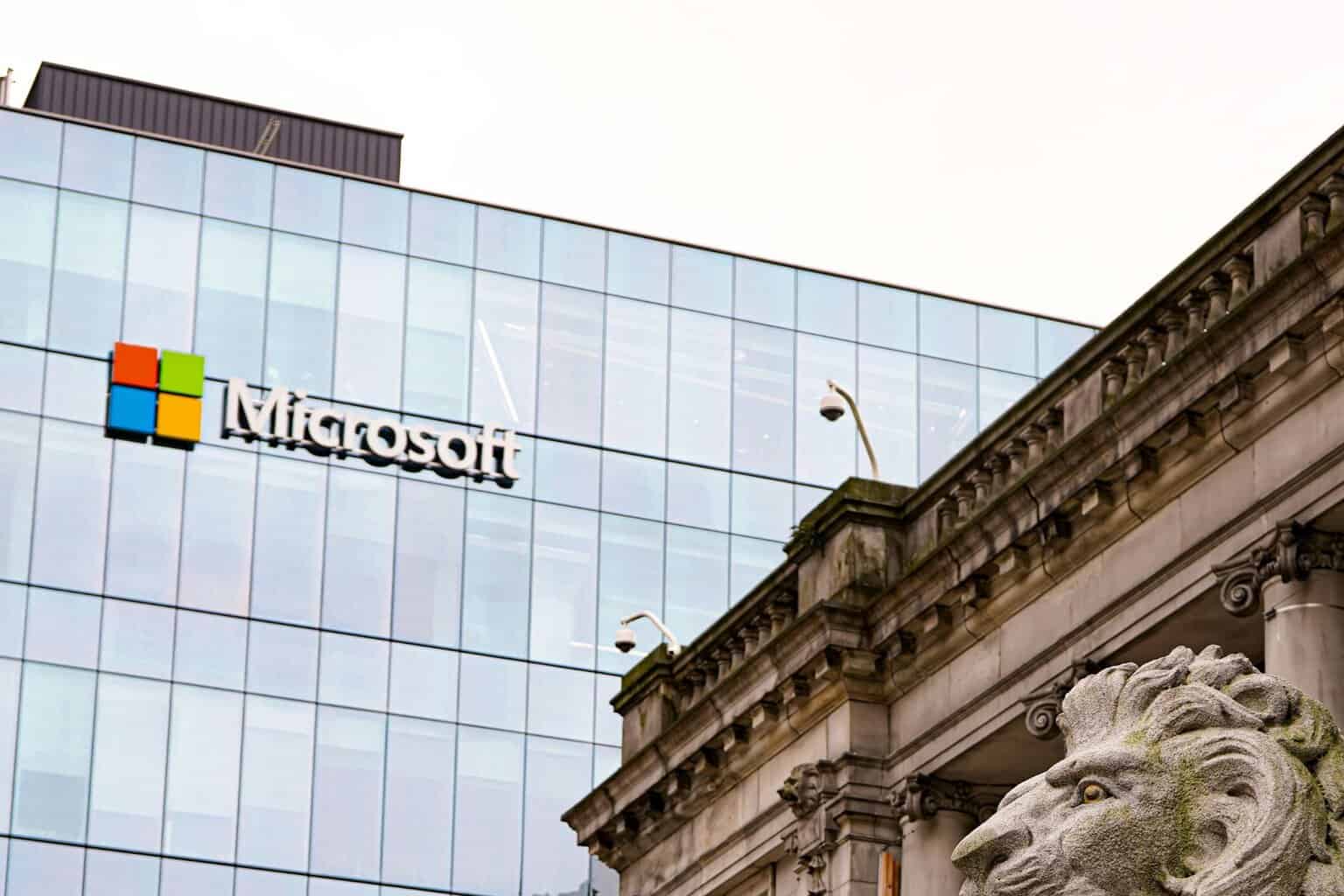IDrive Backup vs Backblaze: Which Is Better for Secure Backups
4 min. read
Published on
Read our disclosure page to find out how can you help Windows Report sustain the editorial team. Read more

This IDrive Backup vs BackBlaze comparison will show you all you need to know about the key differences between the two storage options.
Find which one has better security, data protection, and backup features to suit your needs. Both tools offer solutions for personal and business use and offer various pricing plans to fit different budgets.
That said, they differ when it comes to security and versatility. Check out how they compare.
IDrive Backup vs BackBlaze
Device and operating system compatibility

When it comes to device compatibility and versatility, IDrive Backup has an upper hand. It supports Windows, macOS, iOS, Android, and even NAS devices.
Backblaze only provides solutions for Windows and macOS.

This includes external hard drivers connected to these systems. It falls short when it comes to mobile as it offers no solutions for it whatsoever.
Backup and file synchronization

IDrive Backup has a manual scheduling option that lets you set specific times and intervals for backups. It’s a better choice if you want to have more control over the process.
Additionally, it has automatic sync that works in real-time.
On the other hand, if you prefer a set-and-forget approach, Backblaze may be the better choice. It backs up files automatically. Once you install and set up the client, all files are backed up regularly.
However, it lacks sync options. If you want to access files across different devices, you’ll need to do it manually.
Security and data protection

IDrive uses end-to-end AES-256 bit encryption. This means all files are encrypted on your device before reaching the cloud. It reduces the risk of data breaches and loss during the transfer.
To further secure your info, it offers the option for two-factor authentication (2FA) for added security.

Backblaze uses the standard SSL encryption and is not making use of the end-to-end process. While SSL is safe, it’s not as reliable as the AES-256 bit.
Unlike IDrive, Backblaze doesn’t offer end-to-end encryption, which may be a dealbreaker for users seeking the highest level of data privacy.
File sharing and collaboration

When it comes to file sharing IDrive is very versatile. You can share select files and folders and manage the permissions.
This means some users can only view files, while others can also modify them and even add new files.
You also have the option to set public and private links for quicker file sharing.

Backblaze, on the other hand, is much more focused on backup, lacking in collaboration and sharing features.
You can share download links, but that’s pretty much it. There’s no room for customization and permissions.
Business and team features
IDrive supports multiple user accounts and has small business and enterprise plans. With those, you can manage backups across various devices.
It also supports remote management and is flexible enough to accommodate teams of all sizes.
Backblaze, while it might work for small businesses, is much more focused on individual use. It does have a business plan for backing up multiple computers.
But it doesn’t include backup policies or enterprises, server backups, or advanced management.
Pricing
IDrive’s pricing is clear-cut. Personal plans start at $69.65 per year. This includes 5TB of data. Scaling up, you can end up paying $999.50 for 100TB.
The business plan starts at $99.50 for 5TB, with extra costs if you opt for more storage.
Backblaze keeps it simple, offering the Personal Backup plan for $99 a year. For business, it’s the same price per user and if you want to increase storage, you’ll be charged extra $5/month per terabyte.
Find which one has better security, data protection, and backup features to suit your needs. Both tools offer solutions for personal and business use and offer various pricing plans to fit different budgets.
That said, they differ when it comes to security and versatility. Check out how they compare.








User forum
1 messages